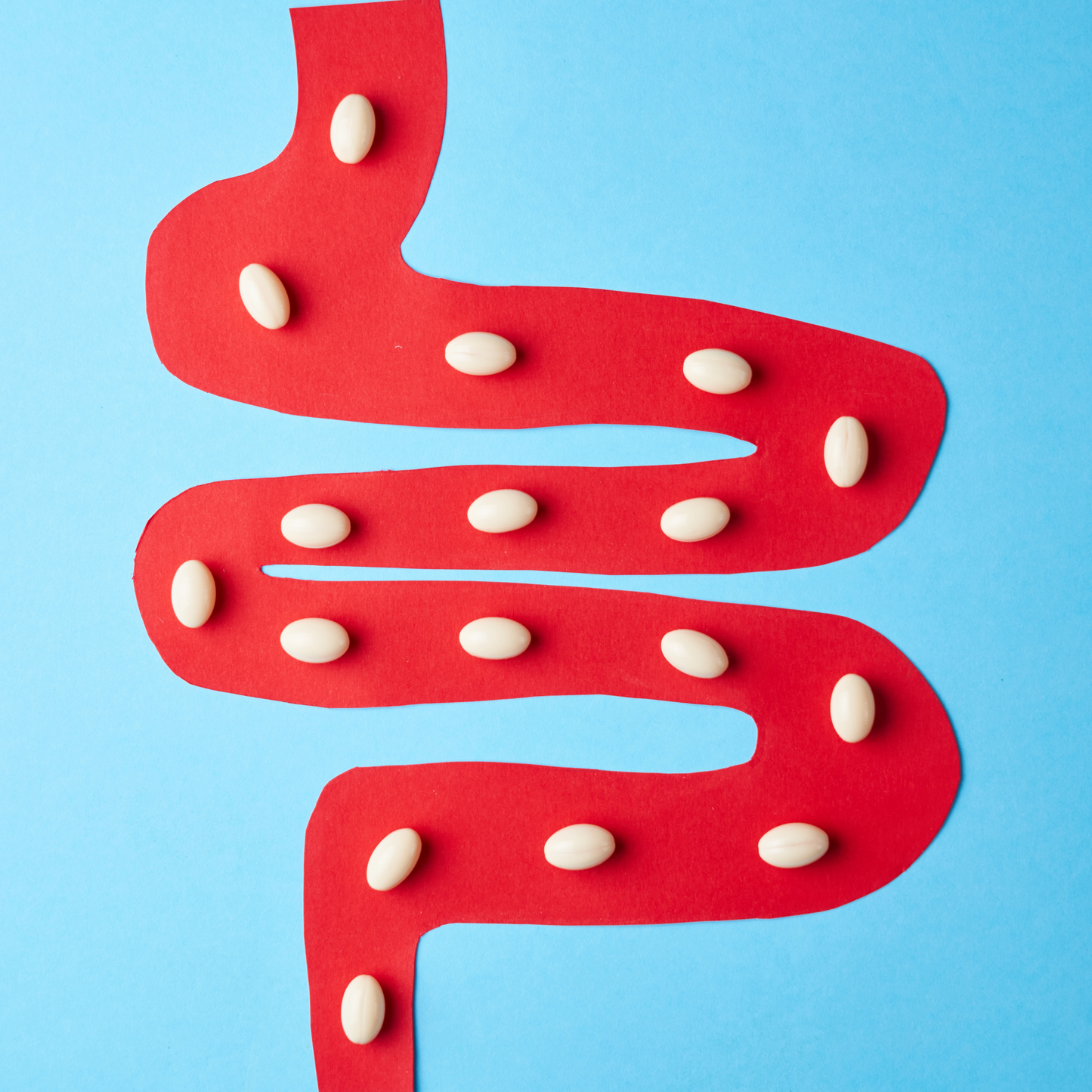
Introduction
Many things come to mind when thinking about health and wellness such as exercise, diet, and nutrition. However, many Americans are unfamiliar with their gut microbiome and the pivotal role it plays in their wellness.
This intricate ecosystem of human microbes plays an essential role in our well-being. Follow along as we dive into the science behind the human microbiome, exploring its importance in physical and mental health. We'll also discuss factors influencing gut health and practical steps to strengthen your microbiome.
Understanding the Human Microbiome
The microbiome is a community of trillions of human microorganisms, including bacteria, viruses, fungi, and other microbes that exist in your body. These microorganisms reside in our gut, skin, mouth, and other parts of the body, forming a complex ecosystem. The gut microbiome, in particular, is a dynamic environment that influences various aspects of our health.
How It Works
Our gut is home to a diverse array of microbes that coexist in a delicate balance. This balance is crucial for maintaining a healthy gut environment. The microbiome aids in digestion, nutrient absorption, and even plays a role in our immune system. The key players in this amazing process are bacteria, which can be classified into beneficial (probiotics), harmful, and neutral.

The Importance of a Healthy Microbiome
Why should you care about nurturing your gut? The benefits extend far beyond digestion. A thriving microbiome is linked to:
-
Improved Digestion:
- The microbiome helps break down complex carbohydrates, aiding in the digestion process.
- Probiotics contribute to a balanced gut microbiome, reducing issues like bloating and indigestion.
-
Enhanced Immune Function:
- A diverse microbiome supports a robust immune system, helping defend against infections and diseases.
-
Mood and Mental Health:
- The gut-brain connection is a fascinating aspect of the microbiome. A healthy gut is associated with improved mood and cognitive function. Studies show that the presence of probiotics in our gut can decrease symptoms of anxiety and depression.

Factors Influencing Gut Health:
Several factors impact the delicate balance of the gut microbiome. Understanding these influences is crucial for maintaining optimal gut health.
-
Dietary Choices:
- The food we consume directly affects the composition of our microbiome. A diet rich in fiber promotes microbial diversity and a diet high in fermented foods provides probiotics to aid in gut health.
-
Stress and Lifestyle:
- Chronic stress can disrupt the balance of gut microbes. Adopting stress-reducing practices is beneficial.
-
Antibiotic Use:
- Antibiotics, while essential for treating infections, can disturb the microbial balance. Probiotics can help restore equilibrium after antibiotic use.
-
Alcohol
- Alcohol has been shown to disrupt your microbial balance and negatively impact your gut health. As with most things, moderation is key.

Strengthening Your Microbiome
Now that we've explored the significance of a healthy microbiome and factors influencing it, let's discuss actionable steps to improve microbiome health.
-
Include Probiotics in Your Diet:
- Yogurt, kefir, sauerkraut, and other fermented foods are rich in probiotics. These probiotics ensure your gut has the "good bacteria" to break down and process certain foods.
-
Consume Prebiotics:
- Prebiotics are substances that nourish beneficial bacteria. Include foods like garlic, onions, and bananas in your diet. Prebiotics improve nutrient absorption and stimulate beneficial bacteria growth to keep your gut healthy and strong.
-
Fiber-Rich Foods:
- Whole grains, fruits, and vegetables provide essential fiber that supports a diverse microbiome. Fiber helps to regulate your immune responses and provides nourishment to beneficial gut bacteria.
-
Stay Hydrated:
- Drinking an adequate amount of water helps maintain a healthy balance of gut microbes. It also reduces constipation and is essential in the breakdown and digestion of our foods.

Conclusion
In conclusion, our gut microbiome is far more important than you think, and it influences everything from your digestion to your mental well-being. By understanding the science behind it and adopting practices to support its balance, you can take proactive steps towards a healthier you. So, tend to your gut microbiome, nurture the thriving community within, and reap the rewards of a resilient and vital microbiome.
Remember, a healthy gut means a healthier you.
